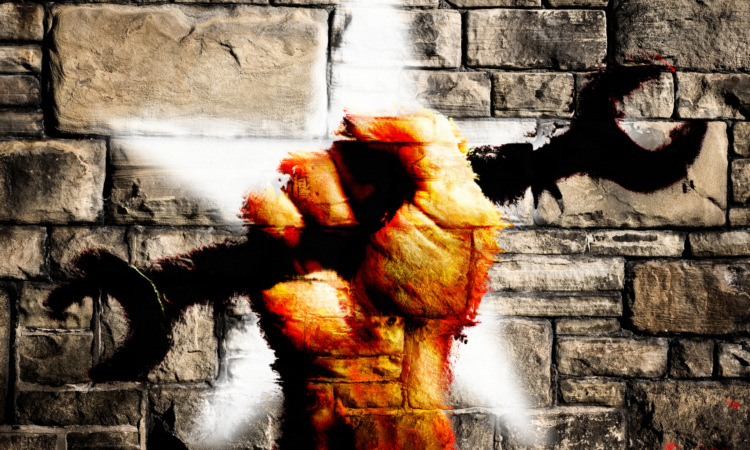It’s October, and in the past week, Canada commemorated National Truth and Reconciliation Day, a solemn occasion signifying the country’s dedication to acknowledging the painful history of the Indian Residential School system and fostering healing and reconciliation between Indigenous and non-Indigenous communities. Though these events may seem worlds apart, both in scope and political context, I couldn’t help but draw parallels (and perhaps lessons) in this October month with the ongoing search for the missing bodies of the Grenada Revolution. These two occurrences, though distinct, share a common commitment to addressing historical injustices, seeking the truth, and ultimately, achieving reconciliation and closure.
Both Truth and Reconciliation Day in Canada and the missing bodies of the Grenada Revolution represent a collective acknowledgment of historical injustices, albeit addressed in different ways. In Canada, the Truth and Reconciliation Commission confronted the harrowing legacy of the Indian Residential School system, forcibly separating Indigenous children from their families, subjecting them to cultural assimilation, and perpetuating abuse. This courageous act of acknowledging the dark history paved the way for reconciliation between Indigenous and non-Indigenous communities. In contrast, in Grenada, the issue of the missing bodies from the 1983 U.S. invasion, which culminated in the overthrow and execution of then Prime Minister Maurice Bishop and his associates, remains unresolved. Many of those we lost have never been properly accounted for, leaving families in a state of perpetual anguish with no closure.
Contrast also exists in the way these two occurrences have pursued the search for truth. In Canada, the Truth and Reconciliation Commission embarked on an extensive process of truth-telling, allowing survivors of the residential school system to freely and without judgment share their harrowing stories and experiences. Though painful, this process illuminated the full extent of the abuse and suffering endured by Indigenous children. For Grenada, the search for the missing bodies has, to date, turned up empty despite repeated calls for truth from both those responsible for the executions and the subsequent handling of the bodies by external forces. Families are still yearning for the opportunity to lay their loved ones to rest with dignity, to discover the truth about their fate, and to find a sense of closure after decades of uncertainty and pain. An opportunity for public, non-judgmental grief and storytelling has not been prioritized to date.
Allow me, as someone who was not yet born when the revolution occurred, to suggest a few lessons that can apply to our circumstance. I fully acknowledge that resolving the issue of the missing bodies is an essential step towards reconciliation and closure for grieving families. Perhaps, however, what we can take from the Canadian Truth & Reconciliation Commission is that the search for reconciliation and closure is a process, a journey that requires multiple deliberate steps and a mind open to healing past wounds and cultivating stronger relationships as we move forward.
Maybe then, we can view the declaration of October 19th as a national public holiday in Grenada as one of the many steps in this journey, an opportunity for solemn recognition, reflection, and appreciation of the tragic sacrifice and martyrdom of Prime Minister Maurice Bishop, his Cabinet colleagues, and the citizens of Grenada who lost their lives on that fateful day in 1983. But we should not stop there; our government should continue to apply increased pressure for the United States to answer questions regarding the missing bodies from the Grenada Revolution. The passage of time should not diminish the need for answers, and international pressure remains crucial to ensuring that justice is served and the truth is unveiled. Apologies, symbolic gestures of reconciliation, and an opportunity for open and judgment-free sharing can also contribute to this journey towards healing and unity.
The events of 1983 not only represent a dark point in our history that must not just be told; it also serves as a powerful reminder of the importance of confronting the past to shape a more inclusive and just future. As we continue on this path towards truth and reconciliation, may the commemorative day inspire in us as Grenadians a commitment to healing and justice and the first steps towards a brighter next 50.

